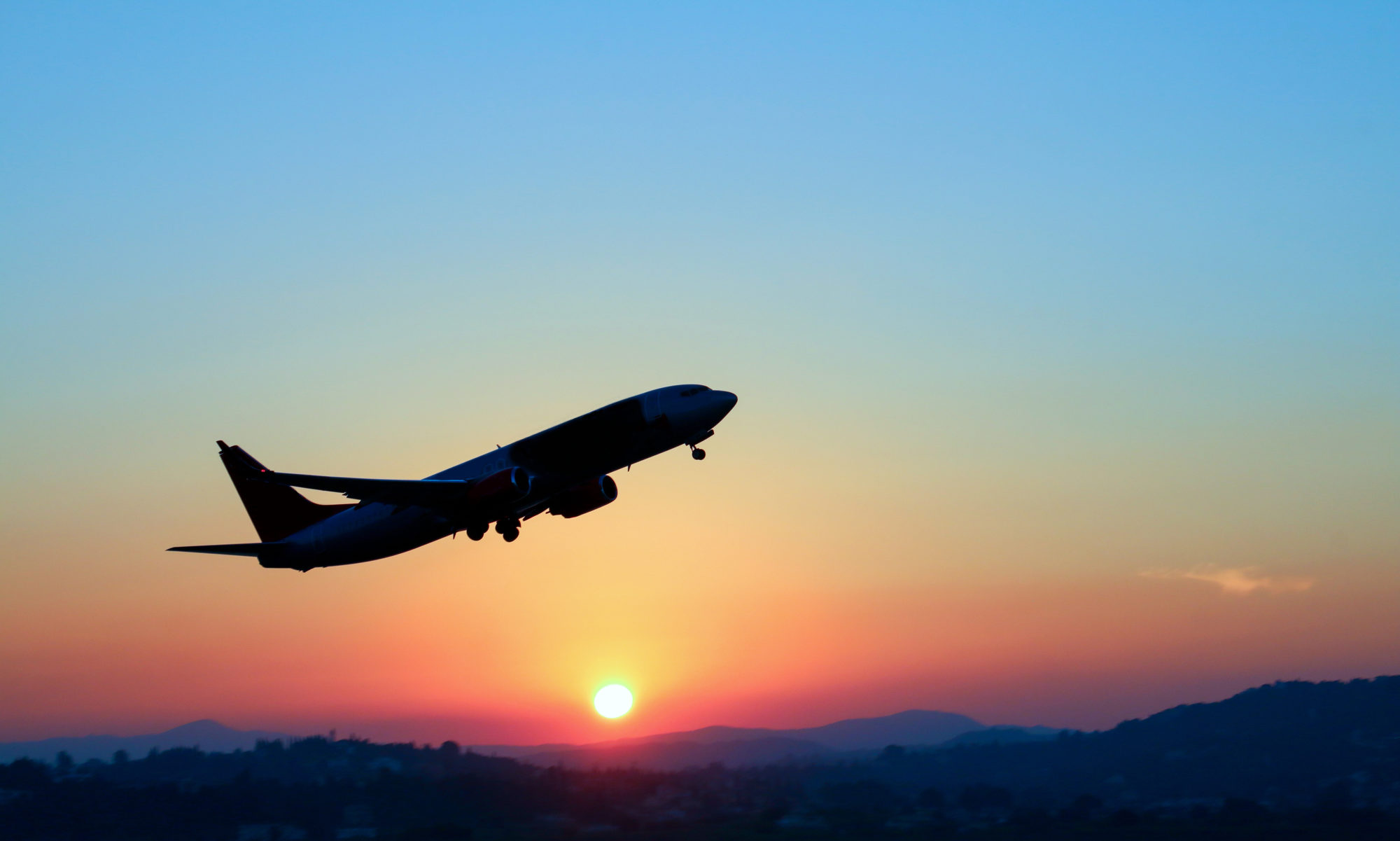It may be too early to think about getting back to “normal” once the threat, and the carnage, of COVID recedes. It could be that what was once normal just isn’t realistic anymore.
In Europe, border-free travel between neighbouring states is no longer a given. We have seen how quickly self-preservation can overrule an ideological imperative.
In North America, the unthinkable action of shutting down the “world’s longest undefended border” has actually happened—even though commerce continued and most “trapped” travellers eventually found their way home. But just the fact that it could be shut down came as a stunning shock of millions on either side of the so called 49th parallel who had come think that “crossing over” for a few days or half a year was a basic human “right.”
It isn’t. It never has been. It’s a privilege. And it can be withdrawn if push comes to shove…quickly. Reality can be stark.
How are these new “realities” going to colour our perspectives as we go about rebuilding our travel plans, our instinctive sense of freedom to move about and to enjoy the riches of globalization (while enduring its hazards).
As we will see in a Conference Board of Canada report soon to be released, the Canadian consumer confidence index (the level of confidence consumers have about making major purchases of goods and services—such as travel) fell to its lowest level “ever” in March. In effect, respondents were extremely negative about their household finances, future job prospects and plans to make any big purchases. As the CBoC report concludes, given that Canada is in the midst of major job losses and is facing a Q2 economic contraction of 25 percent, this recession will be very bad.
For the travel industry, air carriers, tour promoters, travel agents, cruise lines, and travel insurers this is not good news—although travel insurers might regain a little bounce given the public’s growing recognition that major travel purchases can be insured against sudden, unexpected trip or tour cancellations or interruptions. Canadians have been so focused on covering medical emergencies abroad that they have largely neglected to possibility of non-medical contingencies ruining their travel hopes and financial investments. Maybe COVID has shaken Canadians out of that inertia.
So far, the 21st century has visited SARS, MERS, the SWINE FLU and now COVID on us all. We didn’t seem to have learned too much from the first three of these plagues. But maybe the last of these, affecting virtually every country on earth, has awakened us to the need to be prepared for anything and everything.
Maybe now we won’t think of getting on a plane for a week on Italy, Cuba, or Fiji; or a cruise to Cambodia; or a weekend in Las Vegas of New York as just another right of passage—requiring nothing more than a credit card and a jar of suntan oil.

